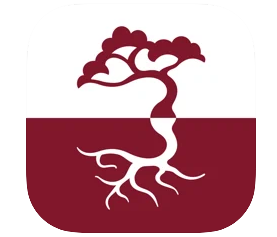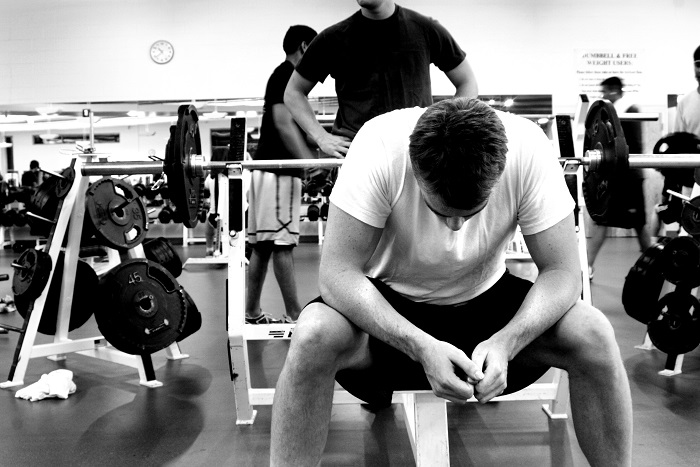When she started to experience aches in her neck and shoulders several years back, 38-year-old Madam Ke Meiyun* brushed it off, believing it was part and parcel of her high-stress position as a Finance Director.
But when the pain began to last longer than usual, Madam Ke started to suffer from headaches, dizziness and numbness in her fingers. “Doctors, sports doctors, chiropractors—you name it, I’ve tried it,” she laments. “My visit to a chiropractor delivered the most satisfactory results, but it lasted only two to three days before the pain returned. When someone suggested acupuncture, I decided to try the TCM clinic near my home.”
At the clinic, a branch of the Eu Yan Sang chain of TCM shops and clinics, Madam Ke was attended by Physician Yang Zeng Jie. “Madam Ke first came to me last May, suffering from pain in her neck and shoulders. She also complained of an ache at the back of her head that she has had for more than six months. She also tires easily, and the pain simply wouldn’t go away,” reveals Physician Yang.
In addition, the curve in Madam Ke’s neck was gradually straightening, some of her acupoints were painful when pressed, and the nearby muscles had stiffened so much that she had difficulty turning her head. “She displayed all the classic signs of what is commonly called the ‘office syndrome’,” explains Physician Yang. “She has put up with her condition for so long without complaint because she is mild-mannered and has a high tolerance for pain.”
Diagnosis & Treatment
After careful examination, including an X-ray, Physician Yang concluded that Madam Ke’s condition was due to long-term fatigue; her neck and shoulder pain are work-stress related, while she displayed early signs of cervical spondylosis. Although her condition is not critical, it may worsen if not treated soon.
“This is a common condition among office workers,” reveals Physician Yang. “The causes include maintaining a fixed posture over a long time, and the cold air in an air-conditioned environment. Muscles and ligaments wear out, while blood vessels become partially blocked, leading to the lack of blood and oxygen. Muscle tone and resilience also decline. This will lead to soft tissue lesions, which easily cause neck problems.”
Once the problem escalates and the neck loses its curvature, there will be insufficient blood flow to the vertebral artery. This may then lead to a host of problems such as dizzy spells, blurred vision, ringing in the ears, poor memory, lack of concentration and alertness, and becoming tired easily. Physician Yang adds, “The degeneration of one’s body begins when one is about 20, but if we are conscientious enough, we can ease the symptoms. It’s just like a machine: the better we take care of it, the longer it can work for us; if we don’t maintain it, it will break down more frequently.”
The onset of Madam Ke’s condition was mainly brought about by the deficiency of the qi and blood in the liver and kidney, so Physician Yang prescribed Chinese herbs to improve her body condition, as well as acupuncture and heat therapy to regulate the flow of qi and blood, increasing blood circulation and reducing inflammation, thereby easing the pain. Physician Yang also alternated between the use of tuina (to relieve pain) and cupping (to dispel cold and improve blood circulation).
Although Physician Yang’s integrative treatment was successful, Madam Ke realises she has to put in additional efforton her own. “I should exercise more and take good care of my body,” she asserts. “Most importantly, I should exercise the discipline and perseverance to do so, and not wait until another attack strikes.”
Photo courtesy of Thinkstock. This article first appeared in NATURA magazine issue No.2. Find NATURA at Eu Yan Sang retail outlets, newsstands and major bookstores in Singapore.




